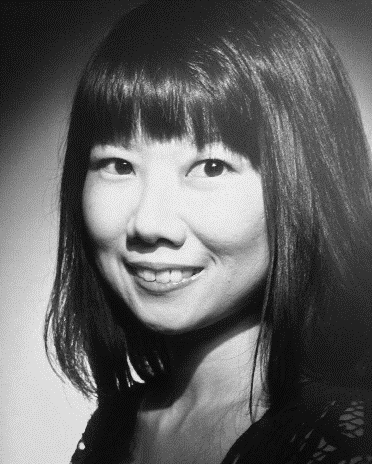Featured Topics
Featured Products
Events
S&P Global Offerings
Featured Topics
Featured Products
Events
S&P Global Offerings
Featured Topics
Featured Products
Events
S&P Global Offerings
Featured Topics
Featured Products
Events
Financial and Market intelligence
Fundamental & Alternative Datasets
Government & Defense
Professional Services
Banking & Capital Markets
Economy & Finance
Energy Transition & Sustainability
Technology & Innovation
Podcasts & Newsletters
Financial and Market intelligence
Fundamental & Alternative Datasets
Government & Defense
Professional Services
Banking & Capital Markets
Economy & Finance
Energy Transition & Sustainability
Technology & Innovation
Podcasts & Newsletters
Blog — 9 Apr, 2021

By Jessica Fuk
Direct-to-consumer (D2C) seems to have become the preferred OTT business model as more content providers launch their own D2C service and expand their libraries through M&A. At the 2021 Asia Video Industry Association (AVIA) OTT Summit, held virtually March 29-April 1, panelists shared their views on the evolving business models of online streaming.
Content provider executives expressed appreciation for their partnerships with aggregators, particularly with telcos. Netflix Inc.'s vice president of business development for Asia, Tony Zameczkowski, commented that D2C has been and will remain the core business model for the digital platform. Yet with an ultimate goal of reaching every consumer, partnership is valued, especially in markets where direct carrier billing is crucial. Apart from the telcos, Netflix has also partnered with device manufacturers including South Korea's Samsung Electronics Co. Ltd. and LG Electronics Inc. The platform now has 35 partners in the region.
OTT provider Viu International Ltd., backed by Hong Kong-based incumbent telco PCCW Ltd., values both business models equally. According to Helen Sou, Viu's chief business officer for Asia, the service also puts a priority on supporting business partners' key performance indexes. Given that most telcos have invested heavily in the deployment of 4G and 5G networks, Viu aims to drive engagement that can translate into data usage for its telco partners. Viu has also collaborated with partners on local content production. In 2020, the platform co-produced and jointly launched two originals with Thailand-based telco Advanced Info Service PCL. The originals were made available on both Viu and AIS platforms at the same time.
Having built longstanding relationships with affiliates, media powerhouses tend to treasure the business-to-business-to-consumer (B2B2C) business model more and view D2C as a complementary product that has developed from catch-up services. Executives from British Broadcasting Corp., Discovery Inc. and Warner Media LLC agreed that linear channel is still the foundation of their business. Despite having reached 12 million paid streaming subscribers globally by February this year, Discovery's president of APAC and chief transformation officer, Simon Robinson, explained that a main reason for people to sign up for Discovery+ is to enjoy their programs for an extended period of time. That said, Robinson is open to the idea of having first runs of premium content on Discovery's digital platform ahead of the linear channel.
Goh Seow Eng, managing director for home at Singtel's Singapore consumer business, thinks the best model for content providers going D2C is that of HBO Go, which is bundled with HBO linear channel subscriptions. Subscribers to HBO linear channels pay once to get both services. "That does not create a conflict of interest," Goh said.
As for the telcos, their role as content aggregators has not changed much. The telcos are always looking for the best content, with entertainment potentially a critical service for retaining subscribers to other products. For Malaysia's Astro Malaysia Holdings Bhd., which has expanded into e-commerce, content is part of its mechanism, according to group COO and CEO of TV Euan Smith.
Telcos still see a gap they can fill, even though some of their partners have launched D2C services. Telcos with OTT partnerships offer one-stop-shop convenience for customers who value having multiple services bundled in a single bill and having access to a service provider with a direct physical presence in the market. StarHub Ltd.'s consumer business group vice president of home product, Yann Courqueux, said that consumers value having physical stores with customer service. Emily Wee, vice president of content and operations at Malaysia's TM Net Sdn Bhd, echoed that today's consumers seek simplicity.
The telco executives would like to see more cooperation among the content providers so that the telcos can host the metadata. Subscribers will then be able to perform simplified searches to easily find the content they like. In terms of packaging, this will likely result in more of the kind of hard bundling of streaming services that has been launched by a few telcos in the region, including Reliance Jio Media Private Ltd. in India.
Please refer to our article for more information on telcos/OTT partnerships in the Asia-Pacific region.